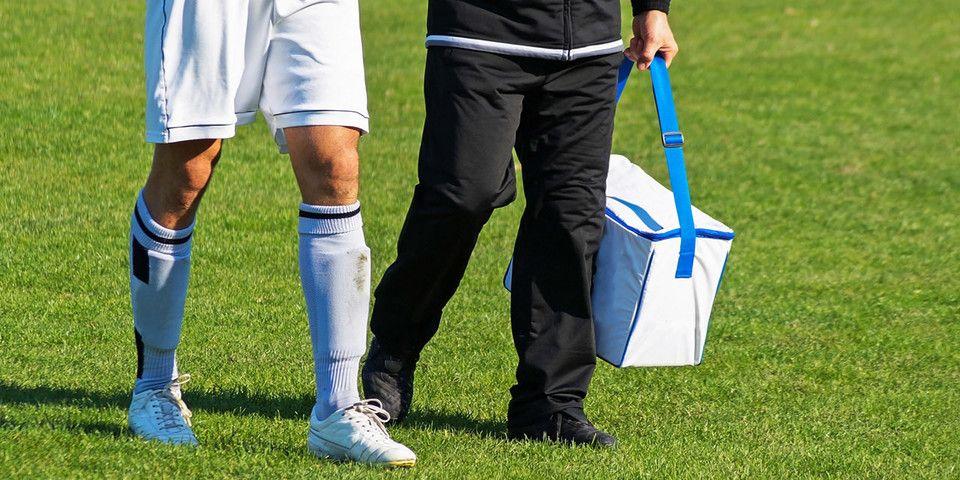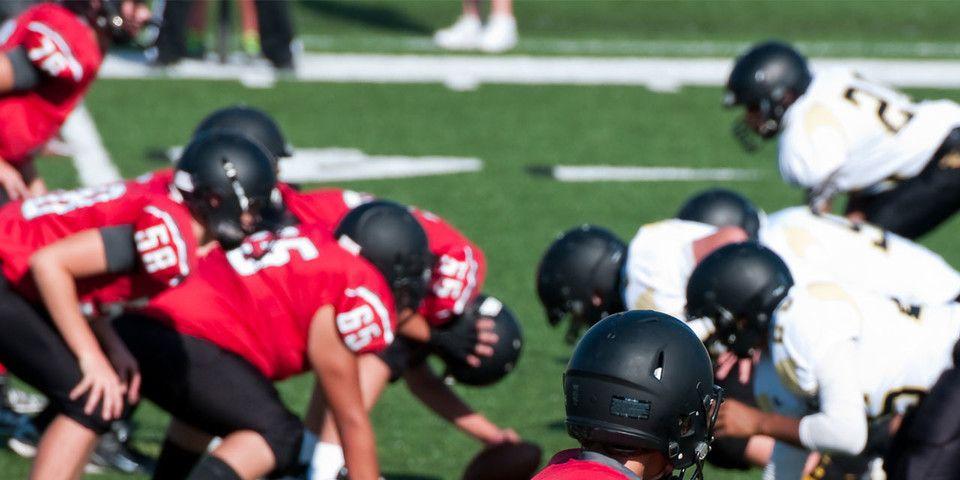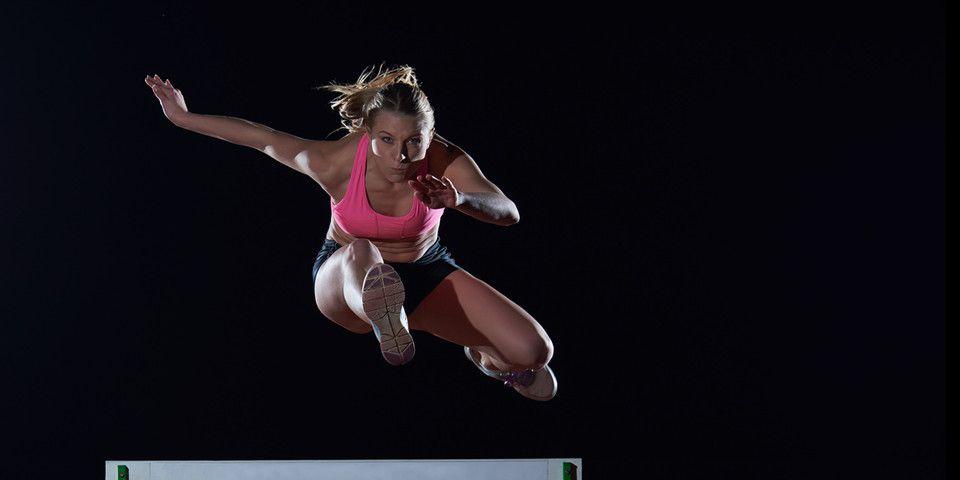3 Causes and 3 Solutions for a Torn Ligament in Knee
The experts at Rothman Orthopaedics know that being informed about your injury is critical to getting the treatment you need. If you believe you have experienced a knee ligament tear, this overview of causes and treatments is a helpful asset.
It’s ironic that the people who are most likely to suffer a torn ligament in knee injury are those with the most active lifestyles. The vast majority of these serious injuries occur among athletes, such as soccer players or runners, or those with a high degree of physical activity in their routines. A torn ligament in knee patients causes the person to not only suffer, but they have the most to lose from these injuries.
That’s why the experts at Rothman Orthopaedics take knee ligament injuries very seriously; we are careful to select the most appropriate treatment plan for your knee injury based upon the specific details of the injury, your medical history, and your lifestyle.
A torn ligament in knee patients shouldn’t have to mean long-term alterations to their active lifestyle; but, if left untreated or treated ineffectively, this can be the unfortunate reality they face. That’s why we’re proud to offer the most effective, comprehensive treatment plans for knee injury patients, and it’s why we’re sharing this important information about causes and treatments of knee injuries for those who believe they may have suffered such an injury.
Torn Ligament in Knee Patients: Three Common Causes
There are numerous types of injuries that can affect knee tendons and ligaments. We’re going to take a look at three of the most common (and serious): the ACL, LCL, and PCL tears.
-
ACL Injuries
The anterior cruciate ligament, or ACL runs diagonally through the middle of the knee and serves to support and stabilize the three bones that meet in the knee joint: the tibia, femur, and patella. An ACL injury or tear is known as a “sprain”; sprained knee symptoms caused by minor ACL injuries may include tenderness and swelling, while more serious, complete tears will cause instability, a reduced range of motion, and a high degree of pain and swelling. -
LCL Injuries
Along with the ACL and MCL, the LCL helps to control sideways motion of the knee and help to brace it against atypical motion. Serving to connect the femur to the fibula, an LCL injury can cause symptoms of severe pain on the outside of the knee, along with instability or immobility. -
PCL Injuries
The PCL, or posterior cruciate ligament, stabilizes the tibia and prevents it from being bent too far backwards. A traumatic injury to the front of knees (especially if the knees are bent) may cause a tear of the PCL; typically PCL tears are partial, and may heal without treatment. It is, however, always important to have these injuries examined--some cases may be more serious and medical intervention.
Torn Ligament in Knee Patients: Three Treatment Options
The intensity of treatment needed and estimated knee sprain recovery time are always dependent upon the severity of the injury. In some cases (such as minor PCL injuries), rest, icing, compression, and elevation may be sufficient to fully heal the torn ligament in knee patients. In more serious cases, one of these three treatment options may be recommended:
-
Physical Therapy
Strengthening the knee and its surrounding muscles, tendons, and ligaments can help to repair ligament injuries. Specific knee ligament injury treatment exercises can help to repair ligament damage and restore full function to the knee. -
Bracing
Wearing a knee brace (and, in more serious cases, using crutches) can help to stabilize your knee and prevent sideways movements that may increase ligament damage and prevent healing and increase knee sprain recovery time. -
Surgery
If your torn ligament is either associated with other injuries or torn in a manner that prevents normal healing, your doctor will most likely recommend a surgical solution.
Regardless of the type or severity of your torn ligament, the first step towards healing is to receive an examination. The physicians at Rothman Orthopaedics can not only assess your injury with the best information, skills, and resources available; they can also offer you the most effective and personalized treatment plans. To schedule an examination or speak with a specialist, visit us here or contact us at 1-800-321-9999.
Related Specialties
Related Programs
-

Athletic Training- Sport Medicine Outreach
Our Field Athletic Trainers provide direct sports medicine care to youth, high school, college and professional athletes. Rothman AT’s provide athletic training services throughout Southeastern PA to interscholastic high schools, colleges, as well as tournaments and special events.Read More -

Injury Prevention Program
The Injury Prevention Program at the Rothman Orthopaedic Institute is dedicated to the prevention of injuries from athletic participation, particularly youth sports.Read More -

Women’s Sports Medicine Program
The Women’s Sports Medicine Program at the Rothman Orthopaedic Institute is the first of its kind in the Philadelphia metro area and one of only several such programs specializing in the comprehensive care of the female athlete in the country.Read More




